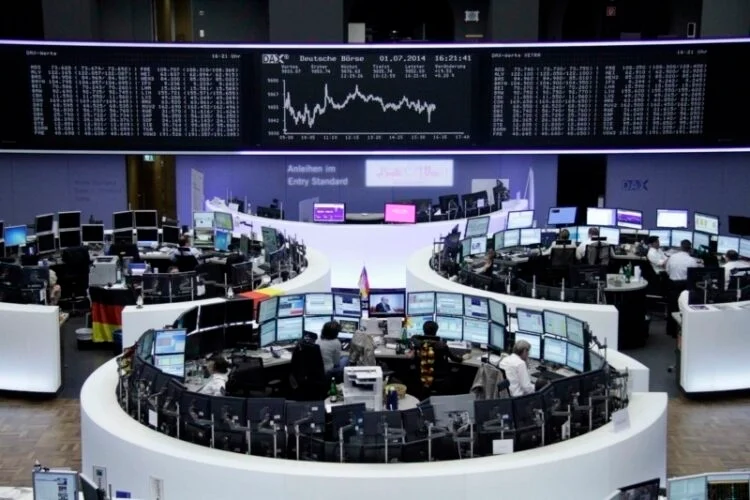Publisher: Maaal International Media Company
License: 465734
Bloomberg: Will the currency war resurface and threaten the global economy?
Bloomberg revealed that it expects that China’s decision this week to allow its currency to fall against the dollar below the level it has defended for weeks will lead to major tensions over exchange rate policy in 2025, warning that the global economy is preparing for the return of unilateralism similar to the 1930s.
The 1930s witnessed some major countries during the Great Depression (1929-1939) adopting policies to reduce the value of their national currencies, in an attempt to stimulate their economies and achieve competitive gains in international trade.
These policies sparked mutual reactions between countries, as other countries felt that they were in an unfair position due to the currency devaluation, so they took similar steps in an attempt to maintain their competitiveness. This competition to reduce the currency not only led to the escalation of economic conflicts, but also had a negative impact on international trade in general.
اقرأ المزيد
Bloomberg reported that US President-elect Donald Trump and his deputies have long accused US trading partners of giving their exporters an unfair advantage by seeking to devalue their currencies. The agency noted that Trump singled out China and Japan for keeping their currencies weak, which puts a heavy burden on US companies, in an interview with Bloomberg last June. It added that with the Chinese yuan now weaker than at that time, this move by China will certainly not go unnoticed by Trump and his incoming team. In June, Trump indicated that his first administration was heavily focused on keeping foreign exchange rates “high” through threats of tariffs. However, Bloomberg pointed out that there are logical economic reasons for China to devalue the yuan, due to the domestic recession and low interest rates, but Trump may not be interested in these reasons, and it believes that the great danger threatening everyone is that the recent decline in the value of the yuan will fuel Trump’s determination to advance a unilateral international economic agenda, an agenda that is dangerously similar to the 1930s.
Bloomberg warned that currency wars are not new. The most famous of them were in the 1930s, when the United States and other countries engaged in serial devaluations of their currencies along with tariff increases. This led to a deterioration in global trade as a whole.
Using a new database of quarterly trade flow data during that period, according to Bloomberg, economists Chris Michener of the Leavey School of Business at Santa Clara University and Kirsten Wandschneider of the University of Vienna found that currency wars in the 1930s led to a reduction in trade by at least 18 percent. The experts noted that the currency devaluations of the early 1930s signaled a new approach to policymaking.
However, the agency stated that after World War II, the United States adopted a completely different approach. It became more willing to open its markets and participate in global economic and financial coordination through institutions such as the International Monetary Fund. This kind of global camaraderie emerged again in the wake of the financial crisis in 2008, when the United States and other members of the Group of 20 abandoned competitive currency devaluations.
But today’s atmosphere, according to Bloomberg, is closer to the 1930s. In simple terms, according to a team of experts affiliated with it, free trade is gone, protectionism has taken its place, debt worries have gone, and tax cuts have come.
Protectionism is an economic policy to restrict imports from other countries, through methods such as tariffs on imported goods, import quotas, and a variety of other government regulations.
But the danger, according to Bloomberg, is that Washington or Beijing miscalculate their response to the other side, and the two countries go too far, leading to the kind of escalation in trade measures that we saw in the 1930s. Bloomberg quoted Tom Orlik, an economist, as saying that the shift towards protectionist trade policies would be harmful to the global economy. If Trump decides to take tough measures such as imposing high tariffs, this will hurt large global companies such as Apple and General Motors, as the international supply and manufacturing chains on which these companies depend will be affected. Expert Orlik said that even in the best-case scenario, the shift from free trade to protectionism is bad news for the global economy.








